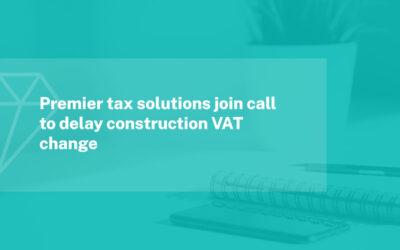
What does Making Tax Digital mean? HMRC have begun the consultation process in August 2016 and issued six consultations on Making Tax Digital. Here we cover the main points.
What is Making Tax Digital?
- HMRC is aiming to join up its internal systems creating one account for each taxpayer containing all of their taxes in one place meaning they can view all their payments, and offset overpayments in one tax against underpayments in others. There will be quarterly filing and payment obligations starting with the self employed and landlords and then companies will follow suit. HMRC are consulting on a new penalty regime.
- There will be a year end declaration, instead of a Self Assessment (SA) return and Corporation Tax (CT) return however, businesses will still need to prepare year end accounts and reconcile the quarterly figures to the year end accounts.
- The main difference between the year end declaration and a tax return under the current system is that HMRC will pre-populate some of the return figures, e.g. bank interest, income from employment and tax payers will have to check the accuracy of the figures.
- HMRC will not be providing free software meaning businesses that do not use software or computers will have to do so. This may prove quite a task for businesses that currently do not have an agent having to fork out for software and learn a new system. HMRC will provide online guidance for tax payers.
- HMRC have announced many small businesses will be exempt from the new regime due to their size.
What are the potential benefits of the move to making tax digital according to HMRC?
- Cash-basis accounting meaning thousands more will be able to pay tax based simply on the difference between money they have taken in and what they have paid out. It means tradesmen will pay tax on cash received rather than invoices issued.
- Prompts and alerts to help businesses get tax right and giving advice on tax reliefs they might be missing out on.
- Greater certainty over tax bills so businesses don’t have to wait until the end of the year to find out how much they have to pay.




